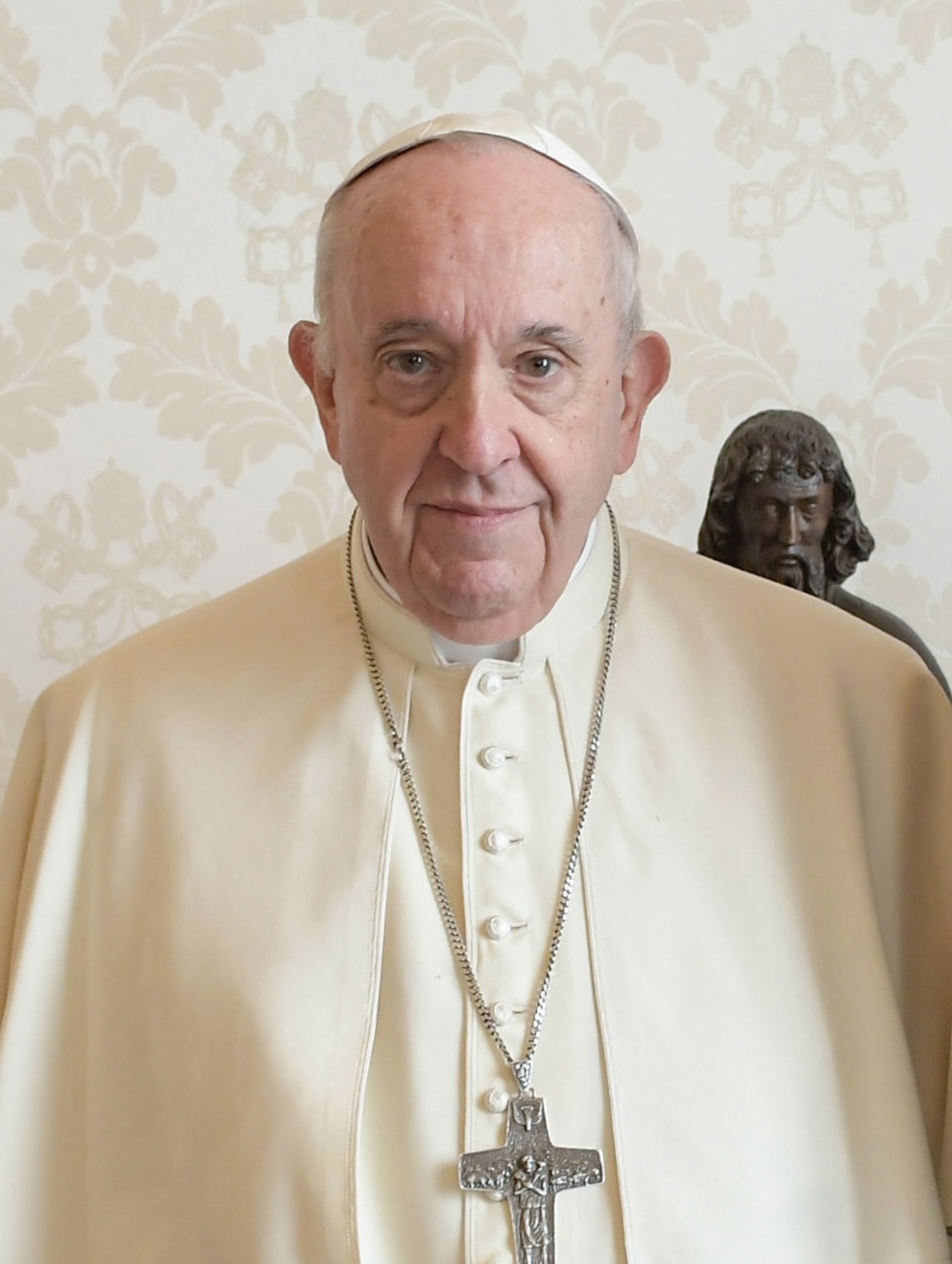OPINION
So What Is Indulgence?

By Valentine Obienyem*
This was prompted by Mr. Mike Ikem Umealo’s article entitled “Certaminum Christianorum vetus est non est novum.” The phrase is attributed to St. Augustine of Hippo in his work “De civitate De” (The City of God). It reflects Augustine’s belief that Christians’ struggles and challenges are part of a long history of faith and perseverance, rather than new or unique issues. What we do in Christianity is not new. Is there anything the Church has not witnessed in the over 2,000 years since Christ founded it?
The article in question can be summarised as follows. What Dr. Abel Damina is doing now is similar to Martin Luther’s 16th-century Reformation and the current state of Nigerian Christianity. Just as Luther questioned the Catholic Church’s practices, particularly the sale of indulgences, Dr Damina criticises the modern Church’s emphasis on tithes, offerings, and the sale of religious items as a means of securing divine favour. He contends that true worship entails inner spiritual change and that salvation is a gift from God that cannot be purchased. Mike encourages Nigerian Protestant and Evangelical leaders to unite and establish clear, Christ-centered doctrines, warning that current doctrinal confusion is leading many Christians astray. Finally, he emphasises that there is only one truth in Christ and that the Church must return to this truth to effectively lead the faithful.
This article is truly commendable for its informative and educational value. It is the kind of thoughtful writing that not only informs but also sparks meaningful discussion. I have decided to engage in a discussion about indulgence.
First and foremost, it should be noted that Luther, who opposed indulgence, was also a Catholic priest. It is critical to recognise that indulgence teachings continue to exist within the Catholic Church today.
Martin Luther was not the first to call for church reform. Erasmus was the driving force behind this effort. If you read “In Praise of Folly,” you will understand why he is frequently accused of laying the eggs that Luther later hatched. Erasmus, who believed strongly in the Church’s divine foundation, recognised that, while the Church is divine, it is led by some disreputable men who have brought it into disrepute. He advocated for reform from within, and Luther, along with figures such as Melanchthon, initially supported him. At the time, Luther pledged to submit to the Pope as Christ’s representative. Only when Luther felt secure in his support did he begin accusing the Pope of being the “anti-Christ.” When he became certain of his support, he left the Church and established the Lutheran Church. One of his main accusations against the Church was the “sale” of indulgences.
So, what is indulgence? It is the remission of temporal punishment (penance) for sin after the sin has been forgiven through confession. The concept is founded on the belief that sin has both eternal consequences, which are forgiven through the sacrament of confession, and temporal consequences, which may necessitate additional purification. Indulgences can be partial or full.
To obtain an indulgence, a person must be in a state of grace, intend to obtain the indulgence and meet certain Church-imposed conditions (for example, prayers, almsgiving, pilgrimage, or other specific acts of piety).
You might even compare it to restitution. For example, if you confess to having stolen someone’s bicycle, the priest may require you to return the bicycle before receiving the final remission of your sin.
The truth about the sale of indulgences is that the Church never officially approved this practice. As an institution founded by Christ and endowed with the authority to forgive or retain sins (as stated in Matthew 16:19), the Church, like the apostles, inherited traditions unique to it as true apostolic successors. We can only challenge this tradition from outside of the Christian Church.
When discussing the sale of indulgences, it is critical to remain objective about the situation. The Church acknowledged that Fr. Johann Tetzel’s indulgence teaching was incorrect in some respects. This prompted the Pope to dispatch a higher ecclesiastical authority, Cardinal Cajetan, to correct Tetzel’s incorrect teachings.
Recognising that the Church, while divine, is managed by fallible men prone to error, the Church follows the principle of “Ecclesia semper reformanda,” a Latin phrase that means “the Church must always be reforming.” This phrase expresses the idea that, while guided by divine truth, the Church is made up of fallible human beings who must constantly strive to renew and reform themselves to remain faithful to its mission and teachings.
In its ongoing reformation effort, the Church has convened 21 ecumenical councils, following the model of the Council of Jerusalem described in Acts 15, demonstrating that when difficulties arise, the Church gathers the best ecclesiastical minds for interpretation. You cannot be wiser than a gathering of the best minds of any generation!
In light of the foregoing, the Council of Trent (1545-1563) condemned indulgence abuses while reaffirming the Catholic Church’s teaching on their legitimacy and effectiveness. The council maintained that indulgences were a legitimate expression of the Church’s authority to bind and lose sins (as granted by Christ to the apostles) and that they could help remit temporal punishment for sin.
I assure you that the Catholic Church is unparalleled in terms of comprehensive Christian teaching. Since 1517, there has been a series of cathartic reactions from people who have selectively adopted aspects of Catholic teachings based on the Bible and apostolic tradition. The Catholic Church, on the other hand, cannot be overlooked in terms of comprehensive teaching.
-
CRIME3 years ago
PSC Dismisses DCP Abba Kyari, To Be Prosecuted Over Alleged $1.1m Fraud
-
FEATURED3 years ago
2022 Will Brighten Possibility Of Osinbajo Presidency, Says TPP
-
FEATURED2 years ago
Buhari’s Ministers, CEOs Should Be Held Accountable Along With Emefiele, Says Timi Frank
-
BUSINESS & ECONOMY1 year ago
Oyedemi Reigns As 2023’s Real Estate Humanitarian Of The Year
-
SPORTS1 year ago
BREAKING: Jürgen Klopp Quits Liverpool As Manager At End Of Season
-
SPORTS2 years ago
Could Liverpool Afford Kylian Mbappe For €200 million? Wages, Transfer Fee
-
ENTERTAINMENT2 years ago
Veteran Nigerian Musician, Basil Akalonu Dies At 72
-
FEATURED2 years ago
Tribunal Judgement: Peter Obi Warns Of Vanishing Electoral Jurisprudence, Heads To Supreme Court
-
BUSINESS & ECONOMY2 years ago
Oyedemi Bags ‘Next Bulls Award’ As BusinessDay Celebrates Top 25 CEOs/ Business Leaders
-
FEATURED3 years ago
2023 Presidency: South East PDP Aspirants Unite, Demand Party Ticket For Zone





























